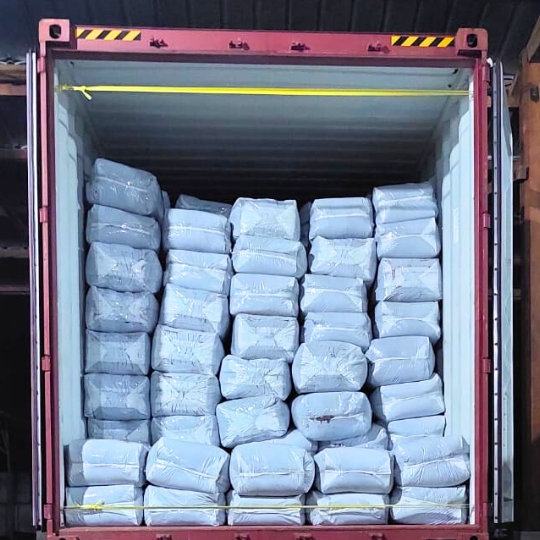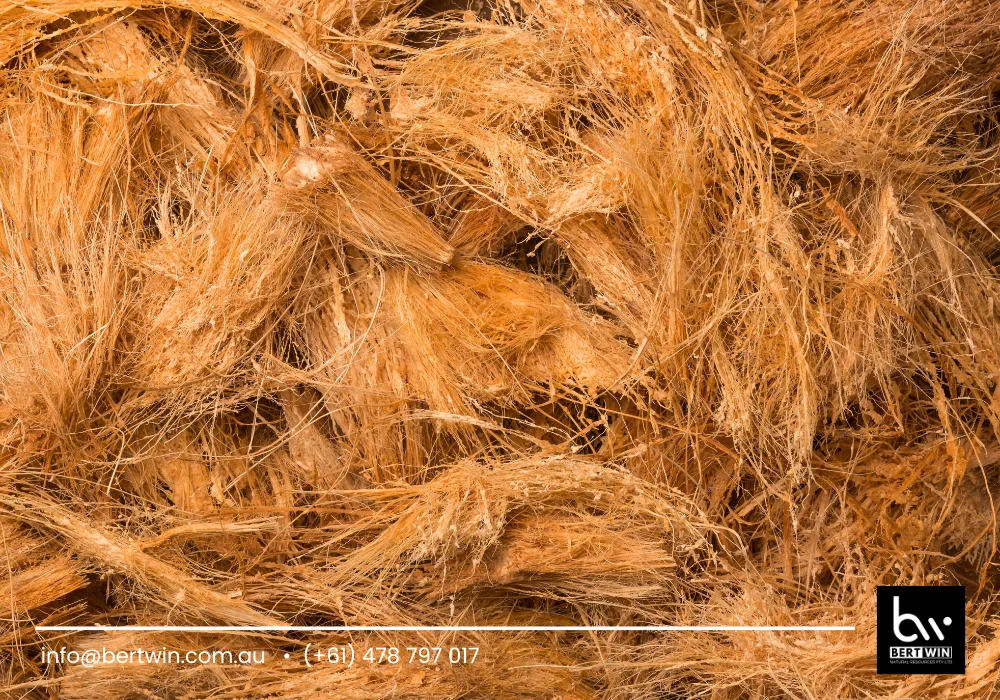Coco peat bulk has become increasingly important as global agriculture faces challenges related to soil degradation, sustainability, and the rising demand for efficient growing media. In the background of these issues, farmers and commercial growers are searching for environmentally friendly materials that improve productivity while reducing long-term costs. Coco peat bulk offers an effective solution by providing a renewable, versatile, and high-performing growing medium suitable for various agricultural and horticultural applications.

Understanding Coco Peat Bulk
What Is Coco Peat in Bulk Form?
Coco peat in bulk form refers to large-scale supplies of coconut coir dust, which is produced from the fibrous husk of coconuts. Instead of being processed into small consumer packages, coco peat bulk is delivered in large quantities such as loose bales, compressed blocks, or expanded material ready for agricultural use. This format is essential for commercial farms, greenhouse operations, hydroponic systems, and industrial-scale horticulture.
Coco peat itself is a natural by-product of coconut processing. After the long fibers are removed for mats, ropes, textiles, and coir products, the remaining fine particles are collected, dried, and prepared as a uniform growing medium. Coco peat bulk is preferred by industries because it is easier to transport, store, and rehydrate in significant volumes, making it a cost-efficient choice.
Key Characteristics of Coco Peat
Coco peat bulk is valued for its unique physical and chemical properties:
- High water retention, capable of holding several times its dry weight
- Excellent aeration, preventing soil compaction
- Neutral to slightly acidic pH
- High cation exchange capacity for nutrient retention
- Biodegradable and environmentally friendly
- Uniform texture suitable for various planting systems
These characteristics have made coco peat bulk a major component in sustainable agriculture.
Benefits of Coco Peat Bulk for Agriculture
1. Improved Water Management
One of the major advantages of coco peat bulk is its ability to absorb and retain water efficiently. This creates an ideal growing environment, especially in regions with limited rainfall or inconsistent irrigation. The moisture is released gradually, reducing plant stress and improving overall growth rates.
2. Enhances Aeration and Root Health
Healthy root systems require oxygen. Coco peat bulk maintains a light and airy structure, allowing roots to breathe even when the medium is fully saturated. This prevents the common issues of root rot and fungal infections associated with compacted soil.
3. Sustainable and Renewable
Coco peat is produced from coconut husks—a resource that is abundant and continuously renewable. Unlike peat moss, which takes centuries to regenerate, coco peat bulk supports environmentally friendly practices and reduces waste. Industries committed to sustainability often choose coco peat as part of their eco-conscious strategy.
4. Soil Conditioning for Better Crop Yield
When mixed with traditional soil, coco pith bulk improves structure, increases drainage, and enhances nutrient retention. Heavy clay soils become more manageable, while sandy soils gain better water-holding capacity. These improvements contribute to higher crop yields and healthier plants.
5. Suitable for Many Agricultural Systems
Coco peat bulk can be used in:
- Hydroponics
- Greenhouse farming
- Seedling nurseries
- Landscaping projects
- Mushroom cultivation
- Indoor and urban farming
The medium’s adaptability makes it a preferred choice across diverse agricultural industries.
Coco Peat Bulk in Commercial Farming

Large-Scale Efficiency
Commercial growers require growing media that are cost-effective, scalable, and consistent. Coco peat bulk meets these needs by offering uniform quality in large quantities. Its compressed form reduces shipping costs, while its expansion upon hydration ensures high efficiency at the destination.
Better Nutrient Management
Coco peat has a high cation exchange capacity, meaning it can hold and release essential nutrients such as potassium, calcium, and magnesium. This helps reduce fertilizer loss and ensures that plants receive a steady supply of nutrients throughout their growth cycle.
Enhanced Seed Germination
Seedlings thrive in environments with optimal moisture and aeration. Coco peat bulk provides these conditions naturally. As a result, seed germination rates are generally higher, and young plants develop stronger root structures, making them more resilient during transplantation.
Challenges in Using Coco Peat Bulk
1. Salt Levels Must Be Managed
Some coco peat may contain naturally occurring salts. High-quality coco peat bulk is typically washed and buffered to reduce excess sodium and potassium. Agricultural buyers should always ensure they receive pre-washed material suitable for horticultural use.
2. Requires Additional Nutrients
Although coco peat bulk provides excellent physical properties, it lacks many essential plant nutrients. Fertilizers, compost, or nutrient solutions must be added. Once incorporated, the medium holds these nutrients effectively, reducing waste.
3. pH Monitoring Is Still Necessary
While coco pith bulk maintains a stable pH range, monitoring is important in hydroponic systems and sensitive crop production. Adjustments can be made easily using standard pH stabilizers.
Rising Global Demand for Coco Peat Bulk
Sustainable Farming Trends
As more countries adopt environmentally conscious farming practices, coco bulk has become a key material in the shift toward green agriculture. Its sustainability, performance, and reusability align with global agricultural strategies for reducing environmental impact.
Commercial and Industrial Adoption
Large agricultural companies rely on coco peat bulk due to its cost-effectiveness, ease of transportation, and long-term reliability. Even industries outside agriculture—such as pet bedding manufacturers and environmental restoration projects—use coco peat for its absorbent and biodegradable nature.
Growth in Urban and Indoor Farming
Urban agriculture has expanded significantly, and coco pith bulk plays a major role in container planting, hydroponics, and small-space farming. It is lightweight, odorless, and easy to handle, making it ideal for residential and urban environments.
How Coco Peat Bulk Supports Global Agriculture
Reducing Water Waste
With its exceptional water-holding capacity, coco peat bulk helps farmers reduce water consumption—an increasingly important benefit as global water scarcity becomes more serious.
Supporting Plant Health
The medium’s aeration, drainage, and consistency help plants develop stronger roots, increasing resistance to disease and environmental stress.
Encouraging Sustainable Resource Use
Compared with non-renewable alternatives, coco peat bulk allows agricultural industries to utilize waste materials from coconut production, promoting circular economy practices.
Conclusion
Coco peat bulk has emerged as one of the most valuable growing media in modern agriculture. From improved soil structure and water management to sustainability and commercial efficiency, the medium addresses many of the challenges faced by today’s farmers and growers. As the global demand for environmentally friendly agricultural materials continues to rise, coco peat bulk is expected to play a central role in shaping the future of sustainable food production.
For further information, you may contact WhatsApp at (+61) 478797017 via https://wa.me/61478797017 or email info@bertwin.com.au.
Read more:
